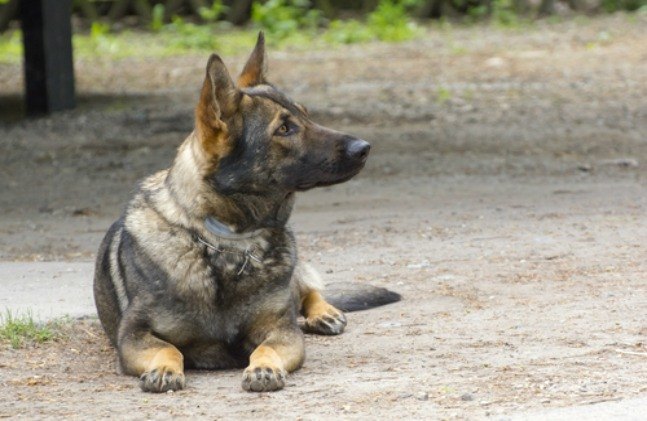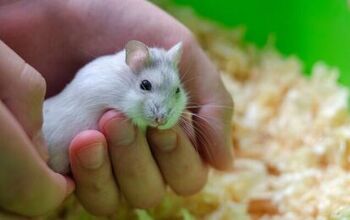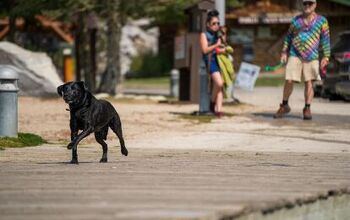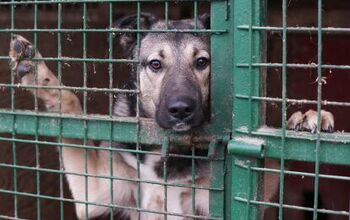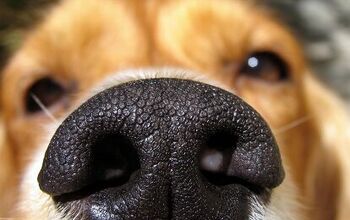WWF Trains Dogs to Sniff Out Ivory and Illegal Wildlife Products

They’ve been trained to pick up the scent of contraband buried deep inside luggage, alert handlers to hidden landmines, locate cadavers and even use the faint scent off clothing to help track missing persons in search and rescue missions around the world. But did you know that some amazing canines are also helping to stop the illicit trafficking of ivory, rhino horn and other illegal wildlife products being shipped out of Africa.
You see, while international trade in ivory is banned, it’s still a money-maker for traffickers who get rich on killing Africa’s wildlife to sell various body parts for profit. In fact, it’s reported that in one 5-year span (well after the ban was put in place) more than 18,000 kg (close to 40,000 pounds) of ivory was seized at Kenya’s Mombasa port. This figure represents only that which was discovered and doesn’t account for what actually made it through to offshore destinations. If you do the math, you’re looking at the slaughter of over 2,400 elephants.
Related: New Research Gives Insight to Why Dogs are Superior Sniffers
What to do? Bring in the dogs! Yes, as smugglers are using more sophisticated means to sneak their ill-gotten bounty out of Africa it was deemed the best way to outsmart them was through the awe-inspiring power of the canine nose.
Using a new process called RASCO (Remote Air Sampling for Canine Olfaction) handlers can check more of the 2,000-plus shipping containers that leave the port daily by simply extracting a small air sample from targeted containers, passing it through a filter and then presenting it to these specially trained dogs. The pooch has been trained using positive reinforcement and gradient scents that start with those that are easy to pick up and encourage the dog, to those that are lighter and more difficult for him to identify. Rewards help keep him engaged and on point so that by the time he’s working the port in Mombasa, he knows to immediately sit if he picks up the scent of something suspicious – which could range from ivory to animal parts to plant materials.
Related: New Generation of Bomb-Sniffing Dogs Picked Based on Brain Scans
According to conservationist Drew McVey, it’s a game-changer when it comes to protecting endangered animals because of how quickly and efficiently these 40-foot containers can be processed.
In fact, this program that is run jointly by the World Wildlife Federation’s Wildlife Trade Monitoring Network and the Kenya Wildlife Service (KWS) has led to 26 seizures in just 6 months. While the group estimates somewhere in the neighbourhood of 55 elephants are killed for their ivory on a daily basis, the intent is that these specially trained sniffer dogs – that have the ability to derail the shipment of millions of dollars worth of ivory – will become the proverbial wrench in the works for traffickers.

Sharing space with three seriously judgy Schnoodles and a feline who prefers to be left alone. #LivingMyBestLife
More by Mary Simpson



